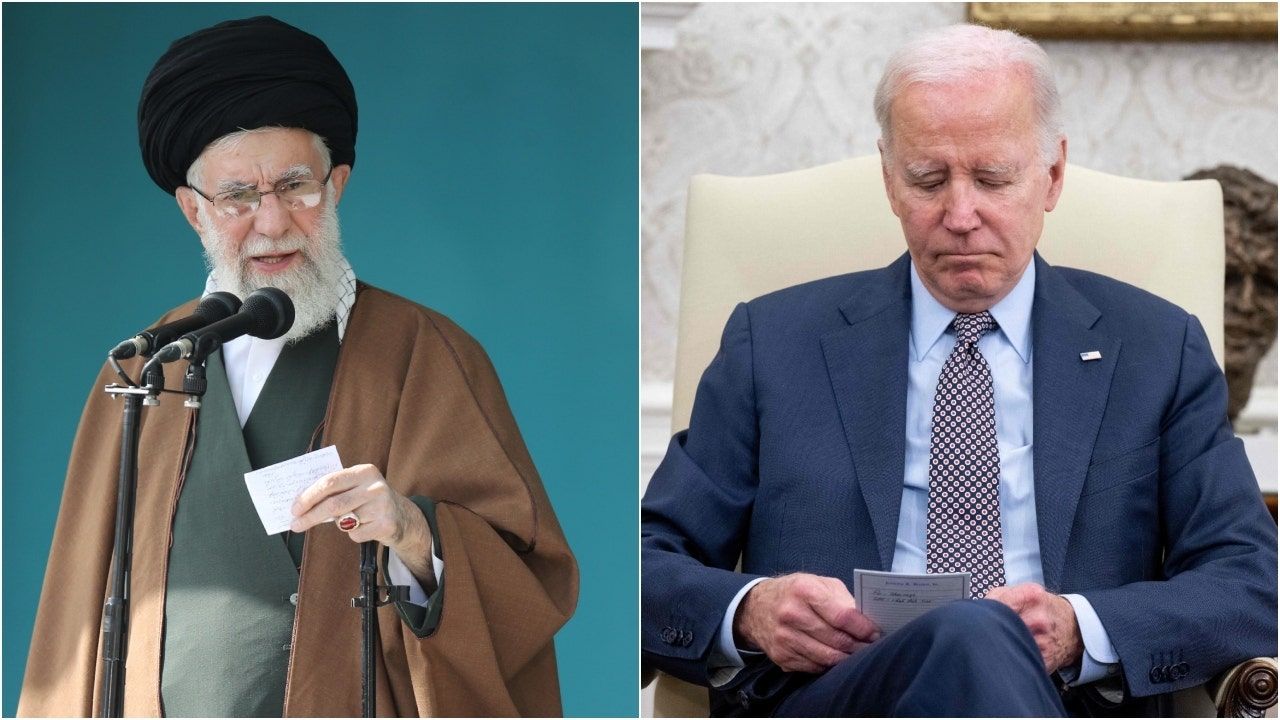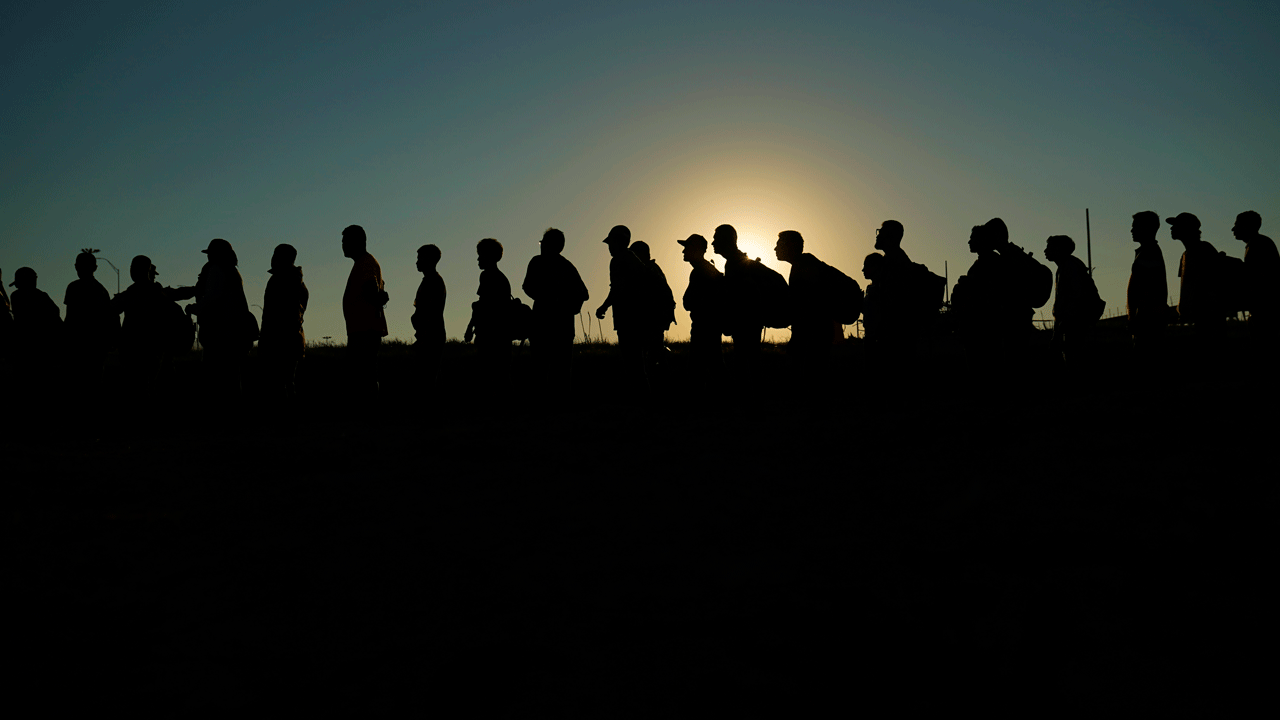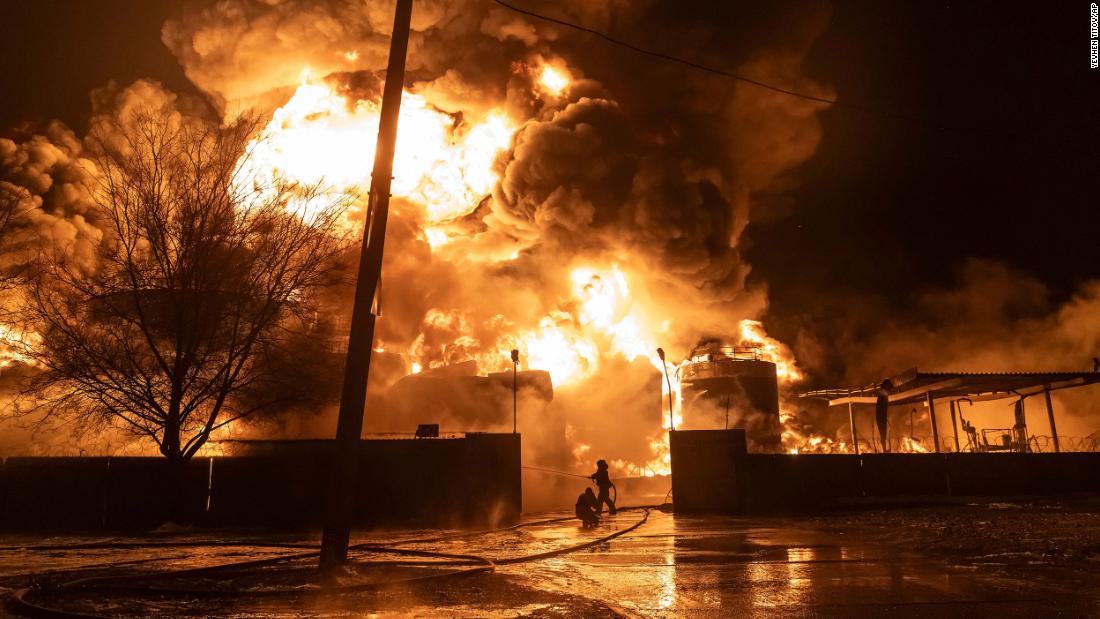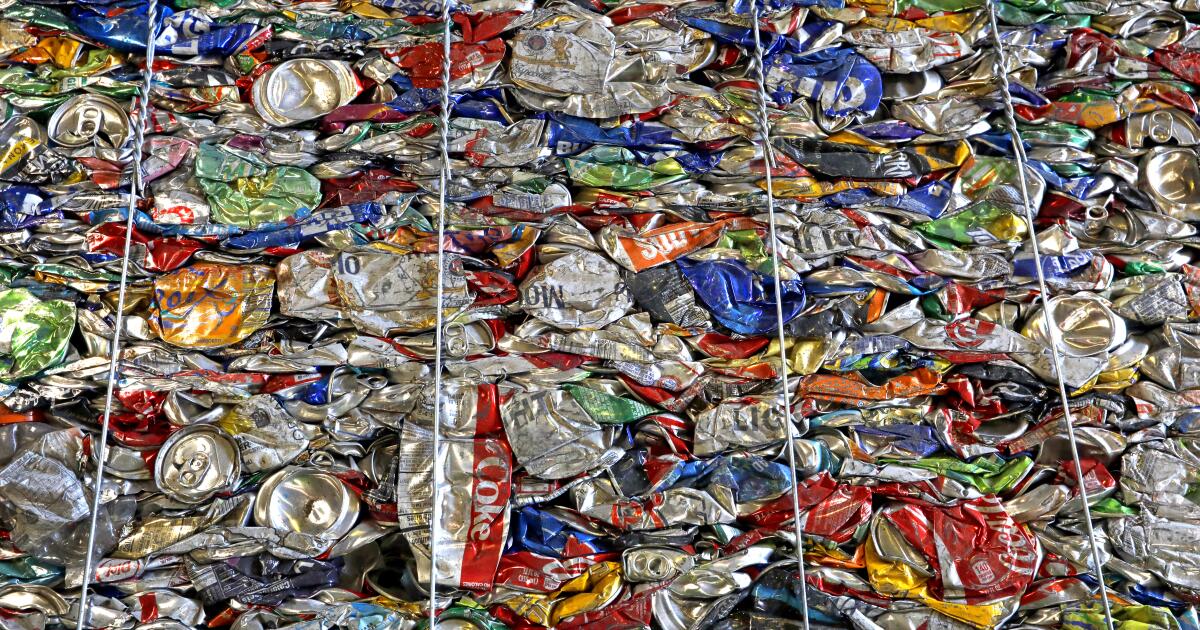JERUSALEM – Top Iran experts in the United States and Israel warn President Biden that his administration's strategy of de-escalation and containment targeting the world's worst state sponsor of terrorism, the Islamic Republic of Iran, has failed and that the United States needs to restore deterrence against Tehran as fears grow that the regime will obtain a nuclear device.
Since last month, alarming reports have emerged that Iran is moving at a surprisingly rapid pace toward possessing a nuclear weapon.
In December, Reuters reported that a confidential IAEA report given to member states said it had “increased its production of highly enriched uranium, reversing a previous production reduction from mid-2023.” Reuters also said in its report “that Iran is enriching up to 60%, close to the approximately 90% that is weapons grade, at its Pilot Fuel Enrichment Plant (PFEP) at its sprawling Natanz complex and at its Enrichment Plant. Fordow Fuel Plant (FFEP), which is dug into a mountain.”
IT'S TIME FOR PRESIDENT BIDEN TO FOLLOW 'THE GIPPER' AND INVOKE THE REAGAN DOCTRINE AGAINST IRAN
President Joe Biden and Iranian Supreme Leader Ali Khamenei (Getty Images)
In a report titled “How Quickly Could Iran Build Nuclear Weapons Today?” An article published earlier this month by David Albright, physicist, founder and president of the Institute for Science and International Security, stated: “The long pole of nuclear weapons construction is essentially complete. Iran can quickly produce enough suitable uranium for many nuclear weapons, something it was unable to do in 2003. Albright said Iran had an “emergency nuclear weapons program” until 2003, which then changed to a “more dispersed nuclear weapons effort.”
In his report, Albright, a former UN weapons inspector in Iraq, wrote: “Today, it would only take about a week to produce enough for its first nuclear weapon. It could have enough weapons-grade uranium for six weapons in one month”. and after five months of producing weapons-grade uranium, you could have enough for 12.”
When asked by Fox News Digital about Iran's nuclear ambitions, a State Department spokesperson said: “As the President and Secretary have made clear, the United States will ensure one way or another that Iran will never obtain a nuclear weapon. We continue to use “There are a variety of tools to achieve that goal, and all options remain on the table. As the Secretary has said, we always prefer diplomacy to achieve that goal, but given Iran's nuclear escalations and its lack of cooperation with the IAEA [International Atomic Energy Agency]Unfortunately we are very far from something like that at the moment.”
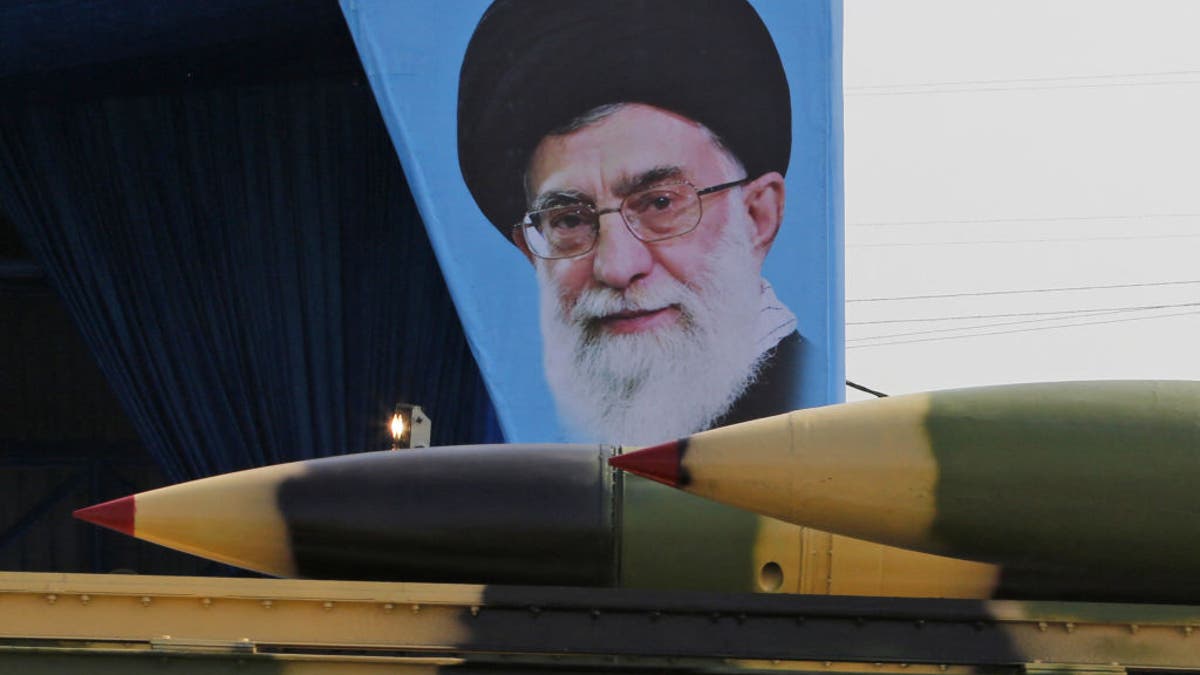
An Iranian military truck carries surface-to-air missiles next to a portrait of Iran's supreme leader during a parade April 18, 2018 in Tehran. (Atta Kenare/AFP via Getty Images)
Gabriel Noronha, former US State Department adviser on Iran, told Fox News Digital: “Biden's hope has been to bribe Iran to not advance its nuclear program through economic concessions and non-implementation of sanctions. Iran moved forward with his nuclear program anyway and pocketed the money. “Additional income from oil sales to increase funding for their terrorist proxies. We have not had any victories in the case of Iran in the last three years, but we have seen their strength return from its weakened state during the maximum pressure policy” .
WHO ARE THE HOUTI REBELS ATTACKING COMMERCIAL SHIPS IN THE MIDDLE EAST?

In this photo released by the Atomic Energy Organization of Iran, technicians work on the secondary circuit of the Arak heavy water reactor, as officials and media visit the site 150 miles southwest of Tehran, in December 2019. (Iran Atomic Energy Organization/AP)
In addition to nuclear fears, critics worry that Iran's proxies will disrupt the global economy. The lack of counterattacks against the regime has worsened the dangers to international shipping in the vital Red Sea passage, which is linked to the Israeli port of Eilat and Egypt's Suez Canal, experts say.
The United States and the United Kingdom launched precise airstrikes on Friday and Saturday against Houthi terrorists in Yemen, whose motto is: “Allah is great, death to America, death to Israel, curse to the Jews, victory to Islam.”
“The United States needs to restart a diplomatic pressure campaign to get nations around the world to impose terrorist sanctions on Iran's Islamic Revolutionary Guard Corps (IRGC), as well as its proxies such as Hamas, Hezbollah and the Houthis. Dozens of countries in the West have not sanctioned these groups and, consequently, they are places where these terrorist groups can raise funds and conduct activities without proper scrutiny,” Noronha said.
YEMEN'S HOUTHI LEADER WARNS THAT 'ANY US OBJECTIVES AGAINST OUR COUNTRY WILL BE TARGETED BY US'
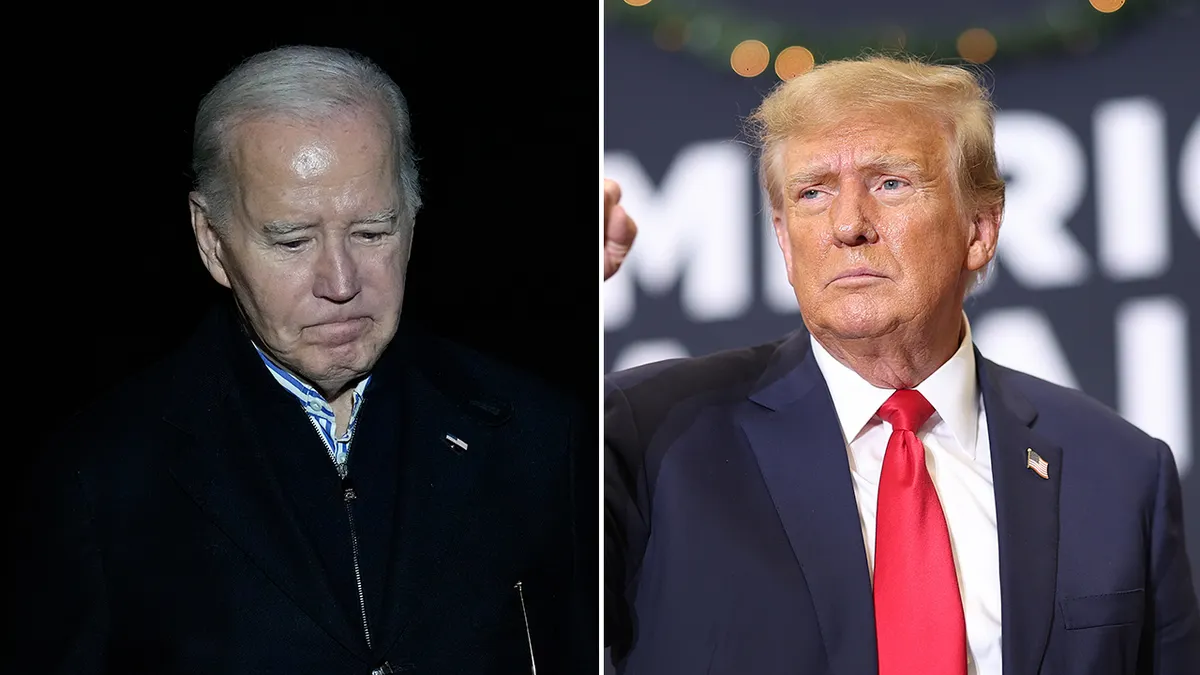
The Biden administration removed the Houthis from the list of terrorist entities in 2021 after former President Trump designated them as a foreign terrorist organization in January of the same year. (Getty Images)
The Trump administration listed the Houthis as a foreign terrorist organization. However, after Biden entered the White House, he quickly removed the Houthis from the list of terrorist entities in February 2021.
When asked last week whether the Houthis are a terrorist group, he said, “I think they are,” but did not state whether he plans to redesignate the Houthis as a foreign terrorist organization.
Houthi leaders say their goal is to stop Israel's campaign to eradicate Hamas from Gaza and allow aid to reach Gaza. However, the Houthis have launched missile attacks on Saudi Arabia's oil facilities and cities over the years.
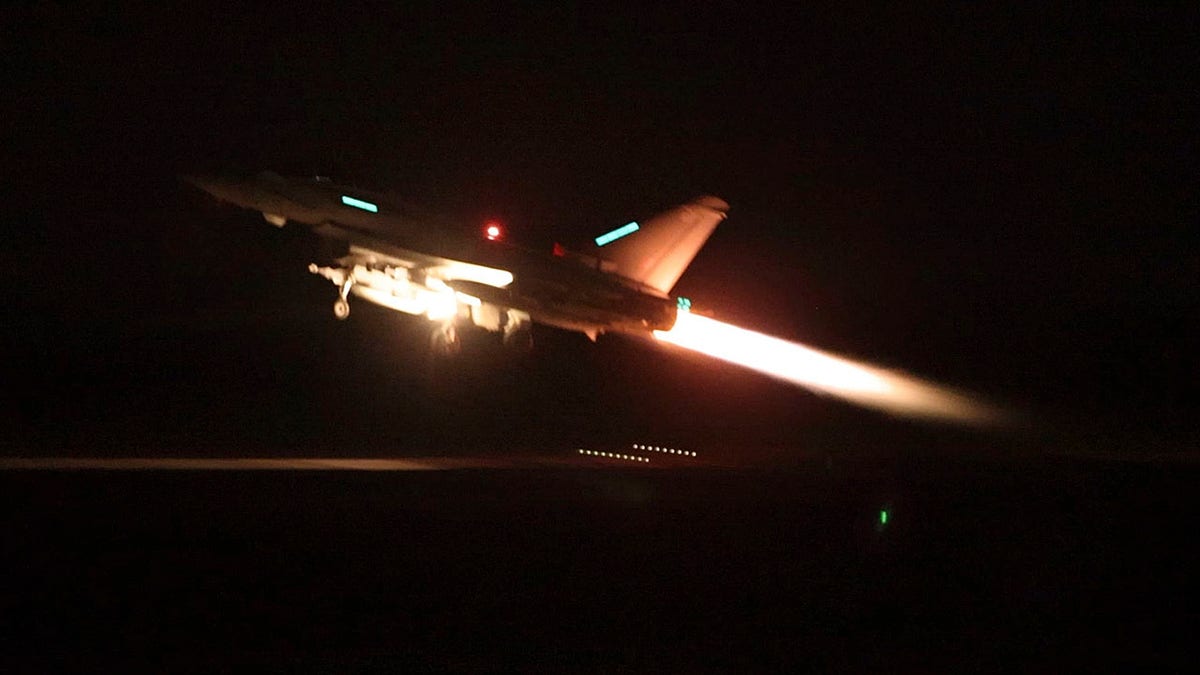
An RAF Typhoon aircraft takes off from RAF Akrotiri in Cyprus for a mission to strike targets in Yemen on January 11, 2024. (Sgt. Lee Goddard, UK Ministry of Defense via AP)
Saudi Arabia – which apparently senses US weakness against Iran and the Houthis – is an important US ally in the Middle East, but has begun to move away from Washington's orbit towards US adversaries during the Biden presidency.
Iran has been an enthusiastic supporter of Hamas and has provided missiles to the terrorist organization and Palestinian Islamic Jihad in the Gaza Strip.
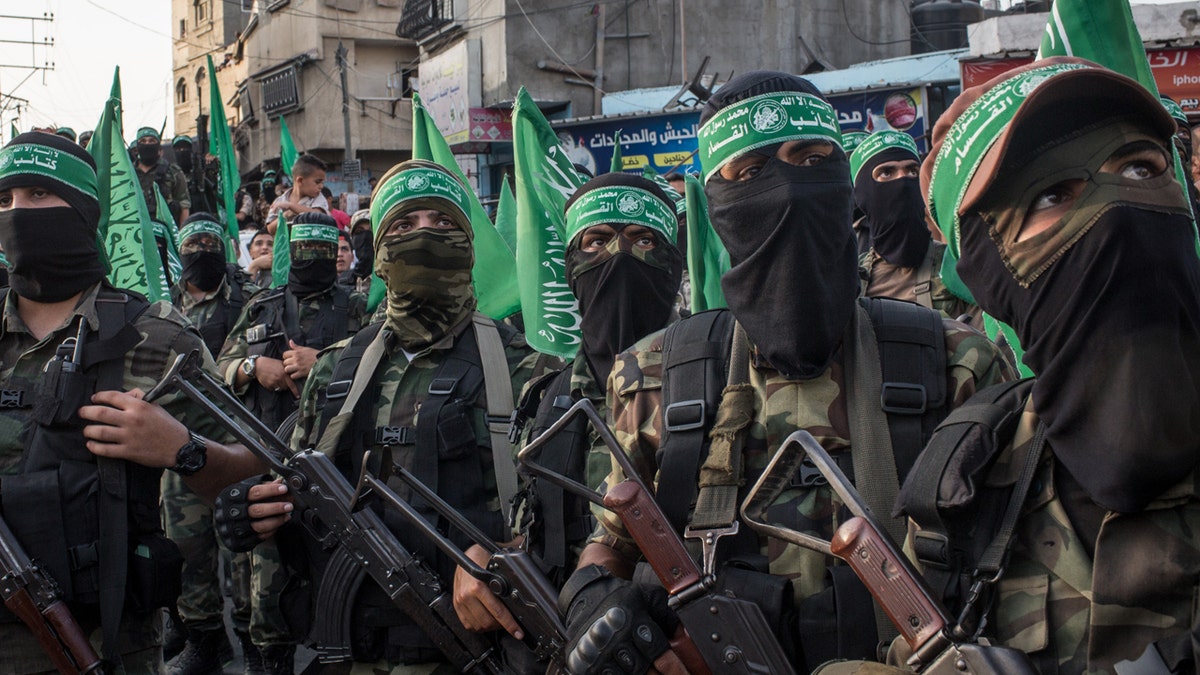
Hamas terrorists on July 20, 2017 in Gaza City. (Chris McGrath/Getty Images)
Noronha, who is also a fellow at the Jewish Institute for National Security of America (JINSA), said: “The United States needs to reinstate a maximum economic pressure campaign against the Iranian regime to cut off its ability to finance and support its terrorism.” Oil sales are the lifeblood of the regime's terrorism financing, and the United States should begin aggressively enforcing sanctions as it did between 2018 and 2020. Instead, the Biden administration has admitted that it is looking the other way in the wrong hope. that he will do it. “help 'de-escalate' tensions in the Middle East.”
BIDEN ADMIN WILLING TO ALLOW UN SANCTIONS FOR IRAN OVER BALLISTIC MISSILE PROGRAM TO EXPIRE: 'BIG VICTORY FOR TEHRAN'
Noronha is one of many veteran Middle East experts urging the Biden administration to address Iran's clerical regime with more economic pressure and muscle.
Brig. Gen. Yossi Kuperwasser, an Israeli intelligence and security expert who is now a senior fellow at the Israel Defense Security Forum, told Fox News Digital that the Biden administration “should realize that this war is about their security.” national and its global status, as well as with the “The security of American and Western citizens, and that sticking to the old strategy will eventually tempt Iran to acquire a nuclear weapon. “Therefore, they should force Iran and its proxies to stop their violence and charge them a much higher price.”
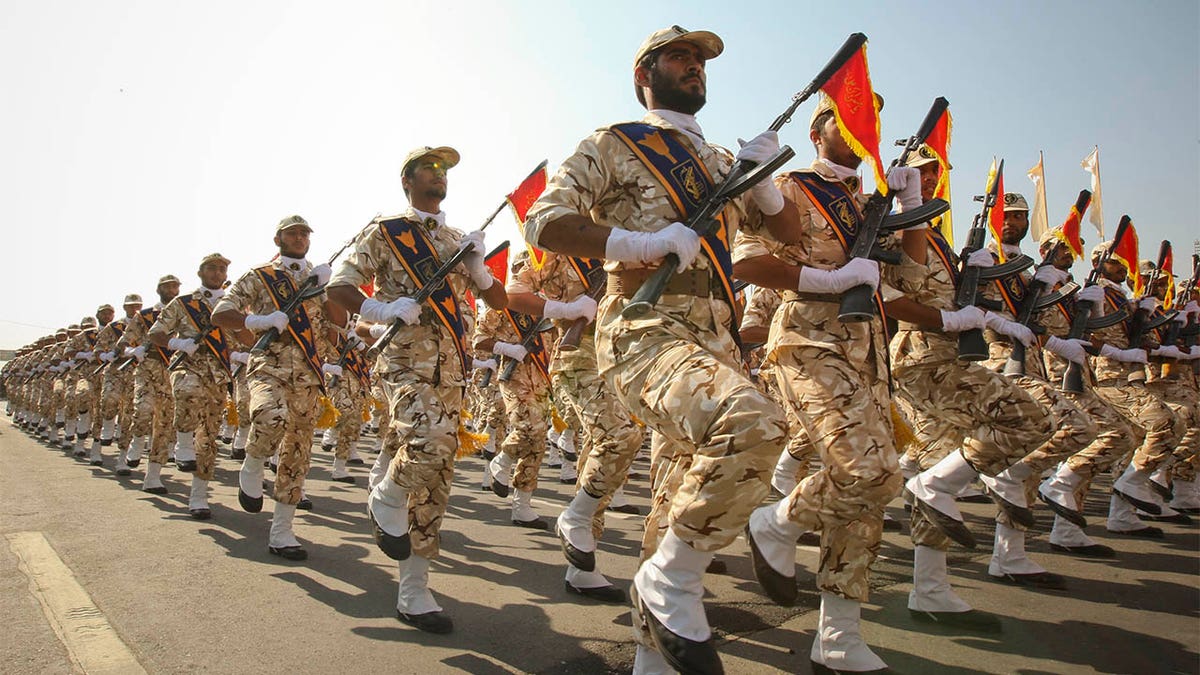
Members of the Iranian Revolutionary Guard march during a parade to mark the anniversary of the Iran-Iraq war. (Reuters)
The State Department spokesperson told Fox News Digital: “We take the overall Iranian threat very seriously, as a total package, and are committed to confronting the full range of Iran's problematic behavior, from its human rights abuses until the advancement of its nuclear program”. , to its support for terrorism and lethal plots.
The spokesperson added: “Iran is the world's leading state sponsor of terrorism and a serial violator of human rights. We are joined by a broad cross-section of like-minded partners to confront all security threats and challenges emanating from Iran. And our policy focuses on practical ways to counter these threats. That said, we are constantly evaluating our approach toward Iran and finding additional ways to add pressure.”
CLICK HERE TO GET THE FOX NEWS APP
The Trump administration introduced a maximum pressure policy, a potent combination of diplomatic isolation, economic sanctions, and military strikes to reverse Iran's malign activities. Proponents of Trump's maximum pressure strategy argue that he deterred Iranian jingoism and terrorism and that the Middle East was more stable during the 2016-2020 period. The Biden administration favors a path of diplomacy to influence a change in Iran's behavior.
Fox News Digital sent numerous press inquiries to Iran's Permanent Mission to the UN in New York and its Ministry of Foreign Affairs in Tehran.
Reuters contributed to this report.

